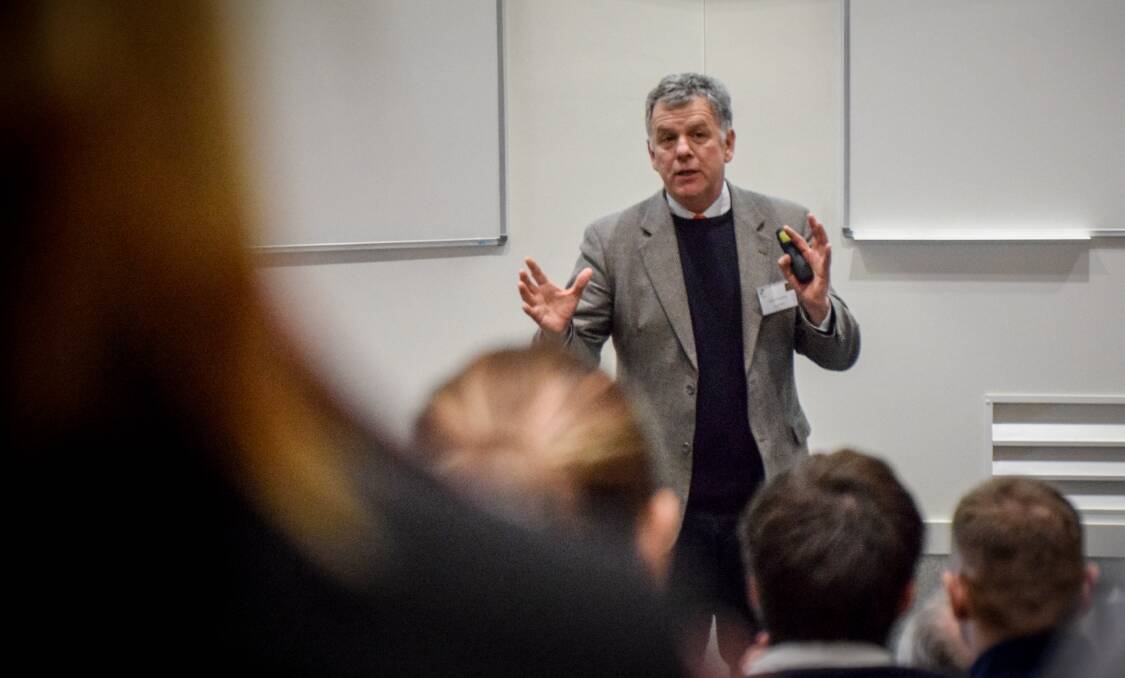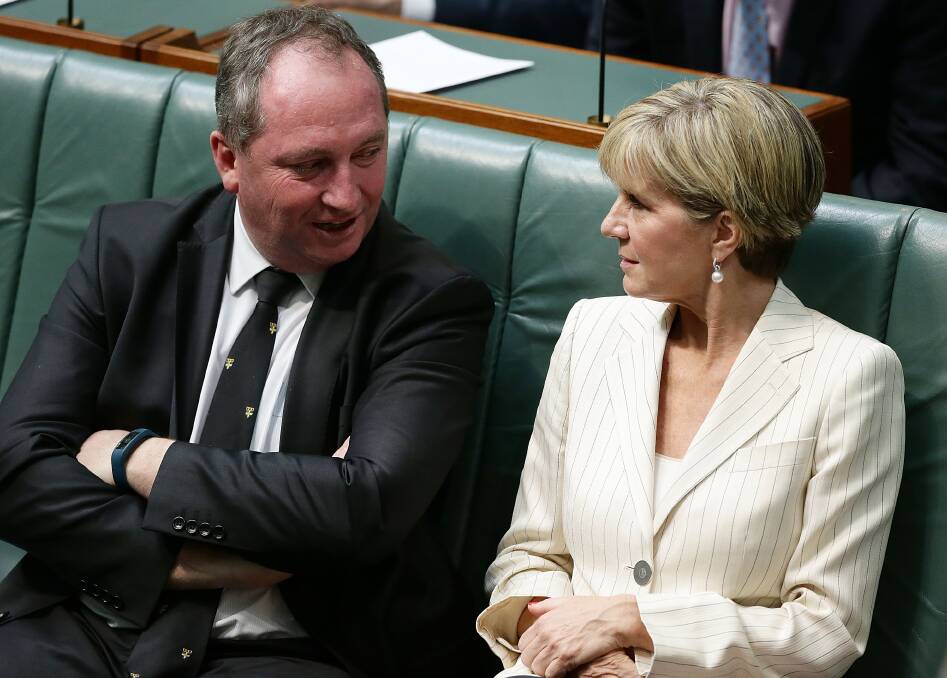
THE traditional family farm may not survive increasing demand for Australian agricultural produce at home and abroad. As consumer needs for export food continue, in particular, a rising protein demand from a growing middle class in Asia, UNE hosted a symposium on on Thursday, July 27, to address whether local farms can continue on traditional business models.
Subscribe now for unlimited access.
or signup to continue reading
Industry and academic speakers were invited to the event over recent months, ticketed to shed light on how the New England and Australian agricultural scene can increase performance and manage what Robb College Foundation Association’s Geoff Perry described as the “vagaries of the bush”.
“Australian agriculture has already gone through a massive increase in productivity in the last several years, which is often a hidden story,” Mr Perry said this week.
“But, to do that again and at the same time, obviously confronted with the vagaries of the bush and drought and weather and the like is a particular challenge.”
The symposium was organised by Robb College Foundation Association, which manages college scholarships and special programs, and delivered industry advice to large and small-scale agribusinesses around the region, as well as encouraging graduates to pursue agricultural careers after school.
“Robb College is one of the preeminent colleges on campus. It has a 55-year history mainly with students coming through from rural Australian, country towns,” Mr Perry said
“Our alumni are sitting in a lot of positions right throughout the strata of agriculture, particularly agriculture, but also in other businesses of health and education and the like.”
UNE vice-chancellor Annabelle Duncan will open proceedings on Thursday morning before the five keynote speakers take the podium.
The event billed “Rural Focus”, was also expected to address Agriculture Minister Barnaby Joyce’s recent call for large superannuation funds to invest more significantly in agriculture.
In a March report, Mr Joyce sighted survey data a slim 0.3 percent average investment in the agricultural sector, but superannuation fund senior executive Damien Webb argued agriculture was changing and predicted considerably greater investments to come.
Barnaby’s call for greater allocations of funding into larger ventures creates different issues,” Mr Perry said this week.
“(Large) super funds have various restrictions, and they have preferred required returns on investment models that are sometimes not achievable in the bush.”
The symposium heard from speakers from large-scale agribusiness Auscott, alongside smaller-scale organic agribusiness OBE Organics, providing distinct visions at the changing face of agriculture.


